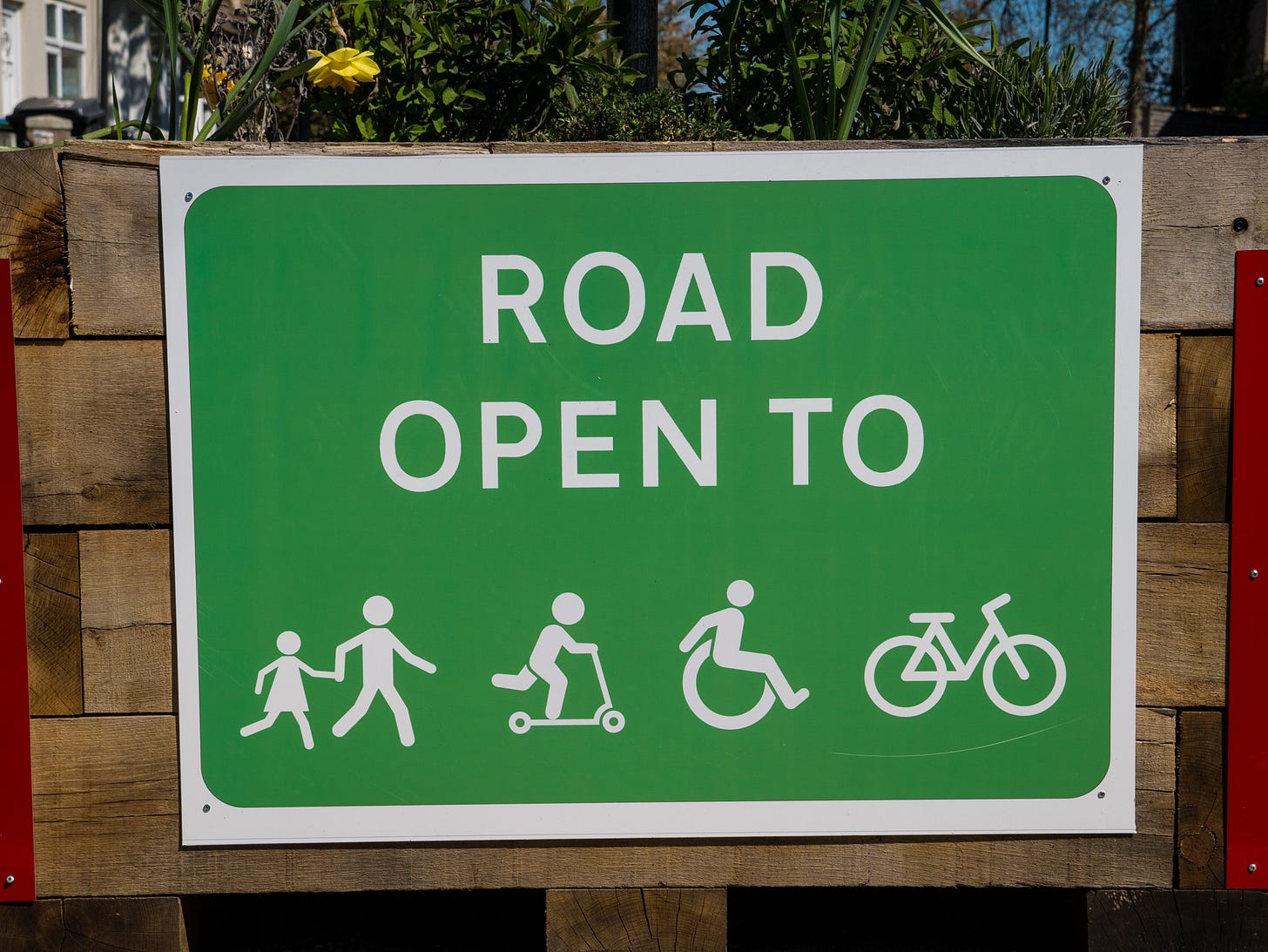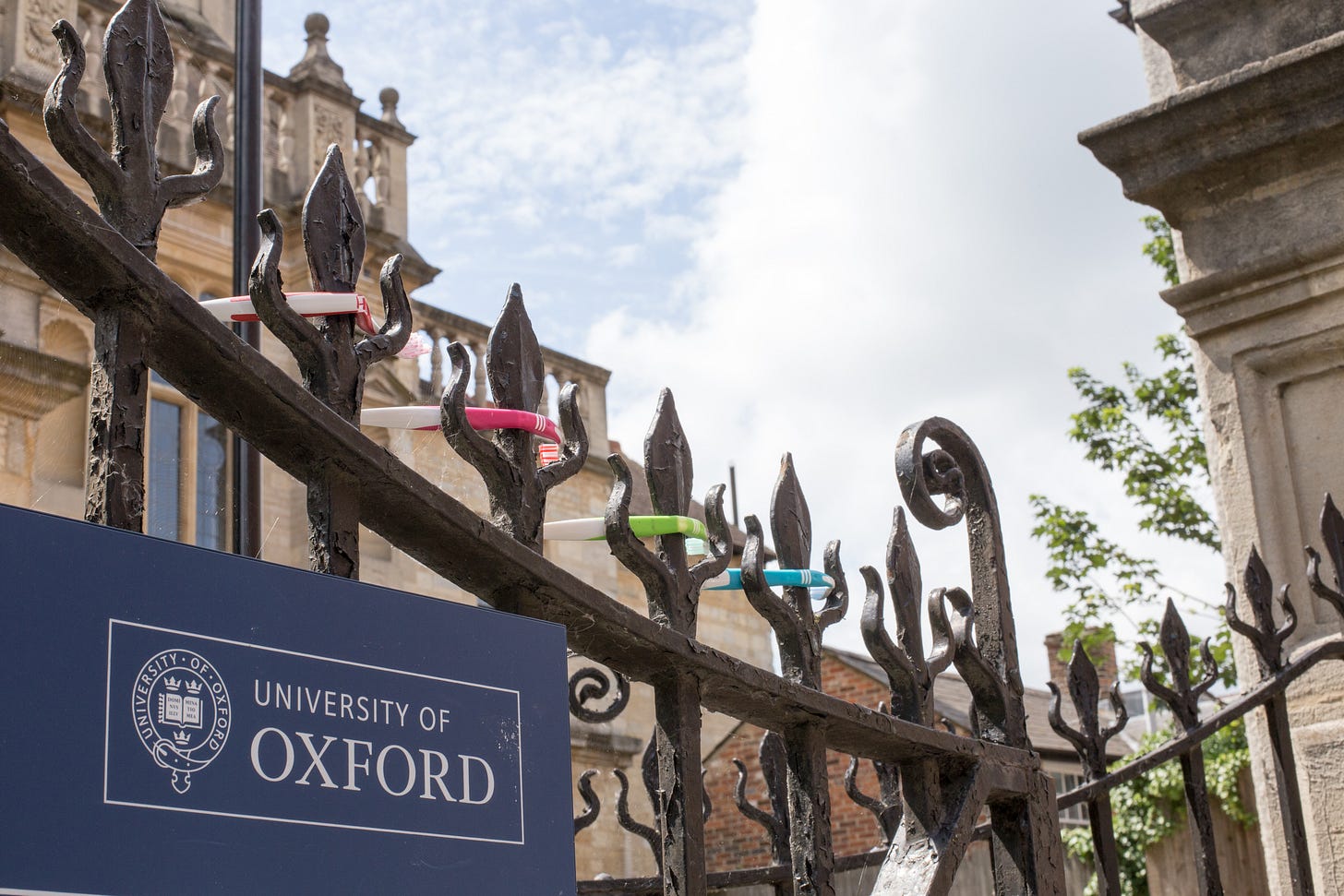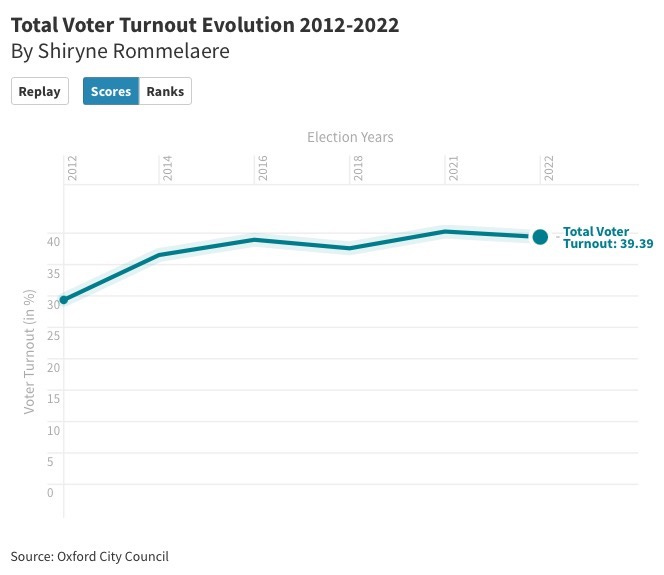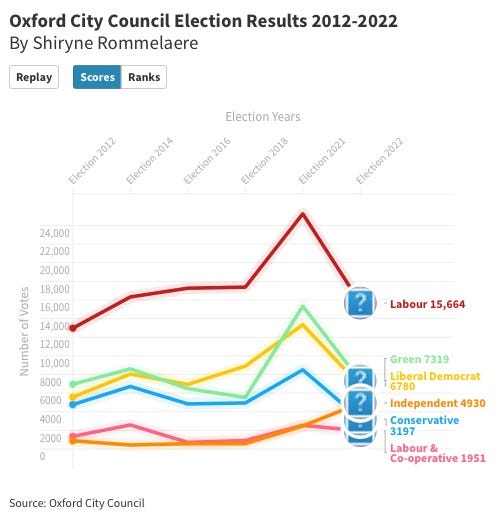Upcoming Oxford Elections: Will Low Traffic Neighbourhoods end Labour’s Long-Lasting Reign in City Council?
Labour has been the majority party of Oxford City Council (OCC) for over a decade.
Its candidates, councillors, and their work have gained more and more popularity over the years in a city where Labour has been the favoured and most elected party since the first City Council election, in 1973.

Oxford is a small city with a large population and a large number of commuters amongst whom the theme of traffic filters has become increasingly topical. Therefore, citizens’ growing dissatisfaction and concerns with the city council’s “problematic” new traffic implementations may cost Labour votes and a drop in its popularity for the next elections.
This Thursday, 4th of May, will see parish and district council elections take place in Oxfordshire and across the country.
Next May 2024, the biennial OCC elections will be held.
With the month of May being the designated ‘elections’ month, we decided to go back over the last 10 years and observe the evolutions in voting patterns and turnouts existing within OCC elections results.
We interviewed Alex Hollingsworth; Labour Councillor for Carfax, Tom Crook; History Professor at Oxford Brookes University and Ex-Councillor John Tanner, to ask them about their thoughts on Labour’s work and future.
As shown in the illustration below, in the last 10 years, the percentage of voter turnouts has increased by over 10%. From 29.37% of the total electorate population voting in 2012 to 39.39% in 2022, citizens of Oxford city have shown an increasing interest in expressing their voting preferences over the years, implementing their fundamental democratic rights.
Following the cancellation of the 2020 OCC elections due to Covid-19, the participation in the 2021 elections rebounded, with over 40% of the total electorate voting. This created an increase of nearly 3% after the 2018 elections, proving how symbolic voting had become after the general handling of the pandemic crisis.
Since the early 70’s when the first OCC elections were held, the political control of Oxford City Council Elections has varied, and the majority has swapped between Labour and opposition parties, including Conservatives. The Labour party had political control from 1974-1976, from 1980-2000, from 2002-2004, and from 2010 until now.
In the last 10 years, Labour’s popularity has increased over 20% from 2012 to 2022 voting results, with over 25,000 votes received for the party’s candidates in 2021. That year, as shown on the graph below, all parties experienced a peak or above average support than in previous years as two candidates from each district had to be elected.
The Green party remains the second most popular party within Oxford City so far although the Liberal Democrats are still in the race. There has been a total increase of over 21% in the last 10 years and 9 seats in OCC compared to 6 seats for the Greens.
Despite varying pockets of support, no other party has managed to gather the backing and popularity that the Labour party and its candidates have coalesced. As illustrated in the graph below, the Labour party has maintained a strong majority all throughout and it has consistently received votes in numbers that have not been experienced by other parties, at least since 2012.
This labour majority, according to Councillor Alex Hollingsworth, has been earned year after year due to the hard work of his party and its members. In addition to the will to care and take care of the people of Oxford:
“We [Labour] have focused on year-round campaigning all across the city. So, every street, every house, every community, we will be out, not just at election time, but all year-round, whether we are councillors of that area or not. We will knock on doors; we will listen to people. Sometimes the hearing is more positive than another, but people know us”.
But in recent years, the issues caused by city traffic and the seemingly growing concerns around traffic filters have caused deepening tensions and sparked debate between the two sides.
According to ex-Councillor John Tanner, the topic of traffic filters is irrelevant and is unexpected to have any impacts on Labour’s probable future win in the 2024 elections. The district council election results, coming up this week, will be a good indicator of this prediction: “The Tories are likely to do badly in the District Council elections this week. I expect them to lose control of Cherwell District Council to an alliance of Labour, Lib Dems and Green Party. Most people in Oxford either support or don’t mind about the LTNs and the Botley Road is only closed to make much-needed rail improvements. These issues are unlikely to be deciding factors in the 2024 City elections”.
He also says, “Independents who opposed the LTNs won lots of votes last year”, and indeed, as shown in the graph above, the independents have experienced a steady increase in their number of votes in the last decade. They still haven’t advanced into the top three.
According to Councillor Hollingsworth, it is important that the residents of Oxford remember that this City is part of two Councils, OCC, and Oxford County Council: “A further difficulty with that (traffic filters) is that we have two Councils in Oxford. OCC is not in control of traffic. We can shape, we can influence, we can lobby, but we can’t decide, and our colleagues in County Council are deciding and interestingly, it is Liberal Democrat councillors who are making the decisions and they are making those decisions about Labour areas”.

Are Labour going to maintain their majority in OCC during the biennial elections next May?
What makes Labour such a steady party within Oxford city?
Oxford is one of the oldest cities in England and, according to History Professor Tom Crook, its demographics may influence and represent the subsequent political choices made.
He says, “What has been happening in the past 10 years certainly, and you can trace these trends back before that, is that [Labour] has been piling up votes in cities, piling up votes with people who are younger and who are better educated [nationally]. And Oxford has a lot of well-educated people...Oxford is a very complicated place [...] it is mixed racially and ethnically and it is also very very mixed socially and economically too [...] But it remains that overall, Oxford is a relatively young place, it has got lots of students, young professionals, young families, and so on [...] In essence, Oxford city has got lots of the types of people who have been voting Labour over the past two decades”.

It appears that the upcoming results of the district council elections should only have positive repercussions for Labour, for the most part when considering Oxford city.
There is no predicting what the voters will decide in each district for the 2024 OCC elections but, based on previous data and according to ex-Councillor Tanner, there is no reason why Labour should not maintain its majority: “Labour will win, although we can take nothing for granted”.





